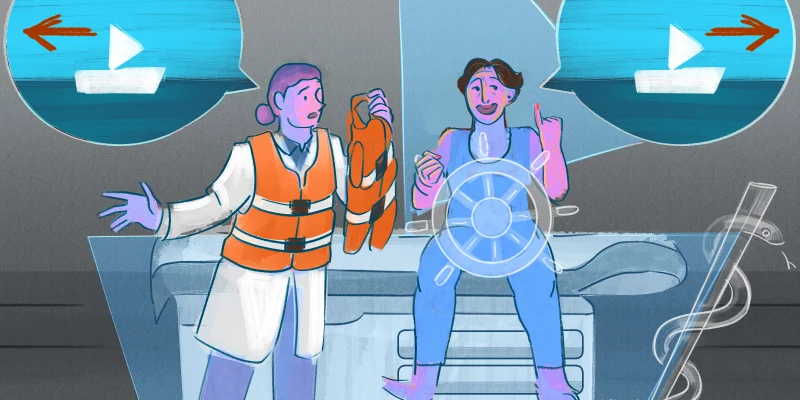
“If only there was just one more creative way to increase my child’s sugar intake,” said no parent EVER.
As a pediatric cardiologist, I spend much of my day counseling parents of children with obesity, hypertension, and hyperlipidemia. I tell them to increase their child’s physical activity. Remove junk food from the house. Encourage their child to join a sports team. Cut back on refined sugars. And, of course, I am always thrilled when a mom says her overweight 7-year-old is starting soccer. What a great way to get healthy, right? Right!?
It wasn’t until a recent experience with my own child that I realized we may be promoting unhealthy habits by placing children on organized sports teams. “How is that possible!?” you ask. Simple, just add the high-fructose “sports” drink and the post-game goodie bag! Long gone are the orange slices and ice water of the ‘80s. They’ve been replaced by a bag of snacks meant to replenish the fluid/nutrients lost during the game and encourage participation.
Imagine my surprise when my 6-year-old was handed a bag containing Airhead candy, a bag of Goldfish, a 20-ounce bottle of Gatorade, and a chocolate chip granola bar. This 500 calories/12 teaspoons of sugar “snack” was meant to “replenish” and “nourish” my child after just 30 minutes of playing on the soccer field!? During our season, I’ve also witnessed the following items being handed out: candy (i.e., Halloween leftovers), cupcakes, ice cream bars, Kool-Aid, chocolate bars, gummy bears, donuts, and Cheetos.
This trend of unhealthy snacks for all occasions is poisoning not only our children’s bodies, taste buds, and teeth—but also their minds. It teaches them that they deserve a sugary treat every time they break a sweat. We are setting our kids up for a lifetime of poor dietary habits.
Now, I’m all for the occasional treat. A child who eats an overall healthy diet can certainly “afford” the occasional treat. But the problem is that most kids do not eat an overall healthy diet. And yes, it’s a battle in my household too. These treats have become the rule, not the exception. In today’s snack-obsessed culture, kids are presented with a non-nutritive food item multiple times a day, often replacing normal meals as a result. Between these sports snack bags, in-school holiday celebrations, bake sale fundraisers, birthday parties with goodie bags, ice cream socials, aftercare treats, and trips to grandma’s house, children are getting far beyond the six teaspoons/25 grams maximum added sugar intake a day that is recommended by the American Heart Association. (1)
There are clear links between added sugars and increased cardiovascular disease risk in children. This increased risk is present at levels far below current consumption levels (the average child eats 19 teaspoons of sugar daily). (1) So why are we creating more opportunities to fill our children with junk?
I get it. Parenting is hard. But we are actually making it harder on ourselves and making our kids unhealthy and unhappy in the long term by loading them up with these high-fructose items at every event. Besides who needs the pressure of trying to outdo (or in my case, keep up with) the previous weekend’s Instagramable, Pinterest-worthy snack bags anyway?
Doctors: Talk to parents about saying “no” to the sugar bomb snack bag.
Parents: Ask your coach to cut the junk, and implement a fruit and water only policy.
Reducing sugar intake early on can help reset children’s taste preferences and help them make healthy food choices later in life. Let’s allow kids to play a sport just for the sake of playing. Then, let's give them a fresh piece of fruit, a sip of water, and a pat on the back. Our kids (and their health) will thank us for it!
References
- Vos, Miriam, et al. “Added sugars and cardiovascular risk in children: A scientific statement from the American Heart Association.” Circulation. 2016;135:e1017–e1034.
Image: Fotokostic / shutterstock
Dr. Byrne is a pediatric cardiologist with experience treating complex congenital heart disease, as well as hypertension and hyperlipidemia.
Previously published in KevinMD.







